Menu
Vets for a Greener World
Leading the Change
Greater Springfield Vets recognise that climate change represents an immediate threat to all life on planet earth. As it effects wildlife and domestic animals as well as humans, climate change is a significant animal welfare issue.
Our owner Jeannet Kessels founded Vets for Climate Action in 2019, to give the industry a platform to advocate for action on climate change and to educate pet owners on the impacts of climate change on their pets and other animals. You can find more information on VFCA and the amazing work the organisation does here https://www.vfca.org.au/.
Reducing carbon emissions is the single biggest thing that we can all do help tackle climate change. At GS vets we are stiving to do this by having solar panels at our Eden’s Crossing and Springfield Hospitals, and we have an electric vehicle charging station at our new Springfield premises. We are so committed to reducing our emissions that we are currently undergoing accreditation to become Queensland’s FIRST carbon neutral veterinary practice!
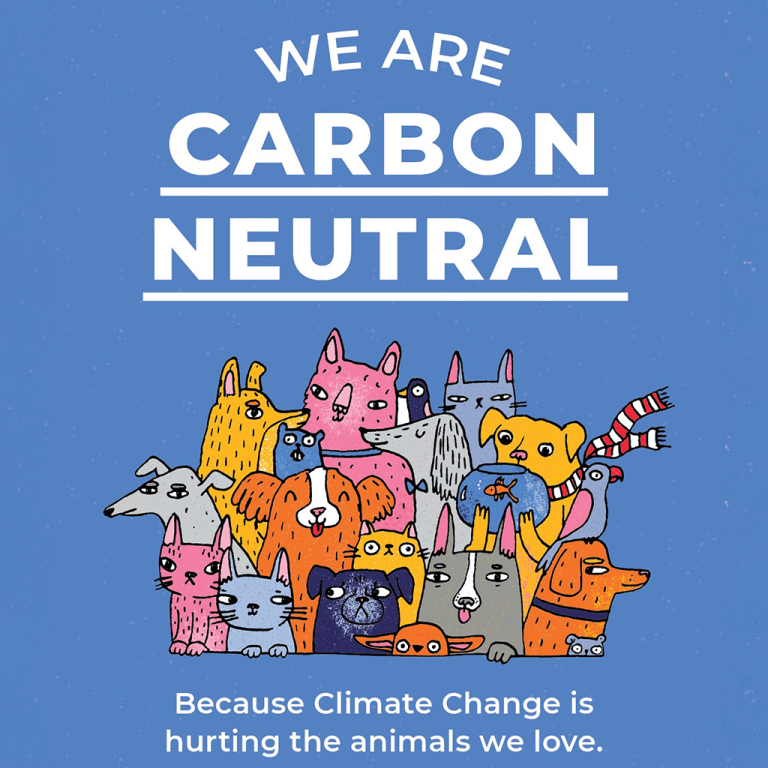
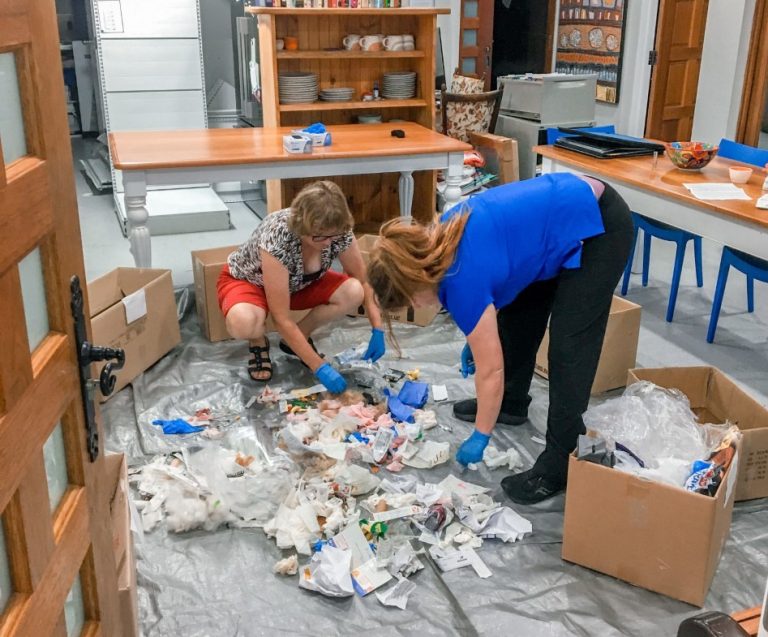
Launching the Program
In mid 2022 we started the Vets for Climate Action Climate Care program. The program consists of a series of six modules tackling different ways we can reduce our carbon emissions, cut the amount of waste we generate and reduce our consumption of precious resources such as water.
We have a dedicated group of staff that make up our Climate Care team; they work hard to implement sustainable practices within GSVets, engage with the veterinary community to promote environmental awareness, and drive positive change within the veterinary industry and beyond.
The Climate Care Team
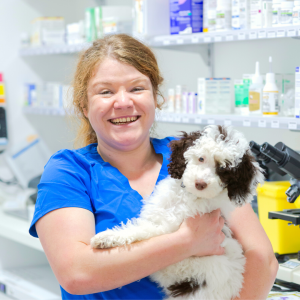
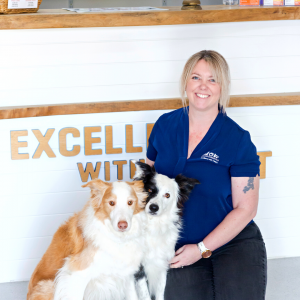
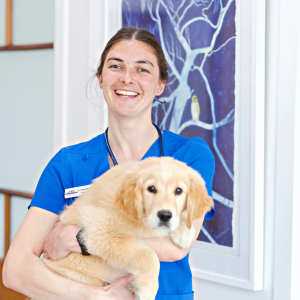
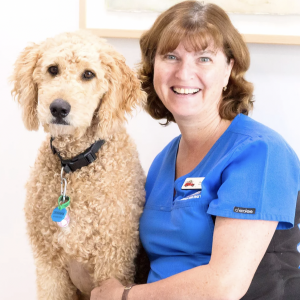
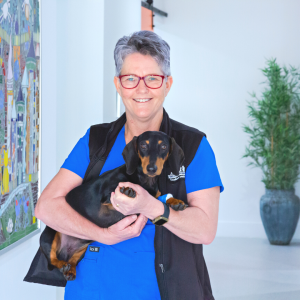
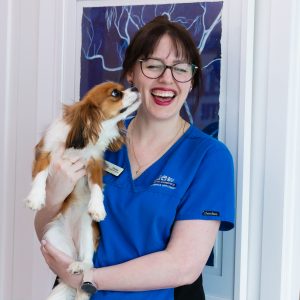
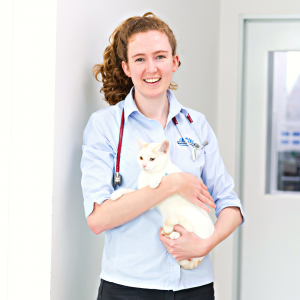
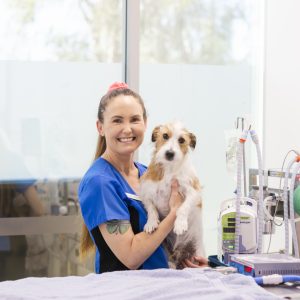
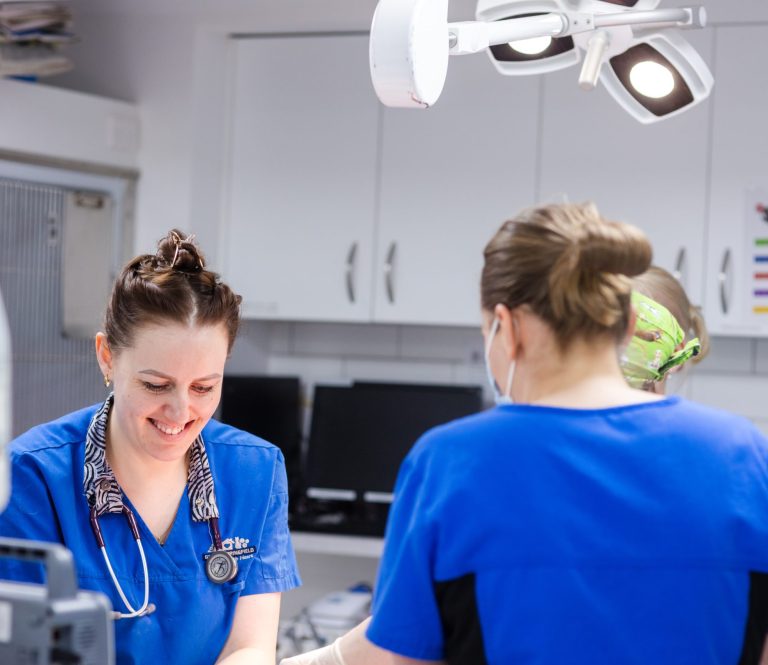
Module 1 – Water for Life
In 2022 we completed the first 2 modules: Water for Life and No Time to Waste.
In the Water for life module we made many changes to the way that we use water, and have reduced our water consumption by an amazing 30%! The actions we took to achieve this included:
Module 2 – No Time to Waste
The No Time to Waste module focused on reducing the amount of waste that we create and diverting as much waste as possible from landfill. We set up strategies to reduce our consumption of single use products as much as possible, and have set up several new waste streams to keep waste out of landfill. The waste streams that we have now at each of our practices are:

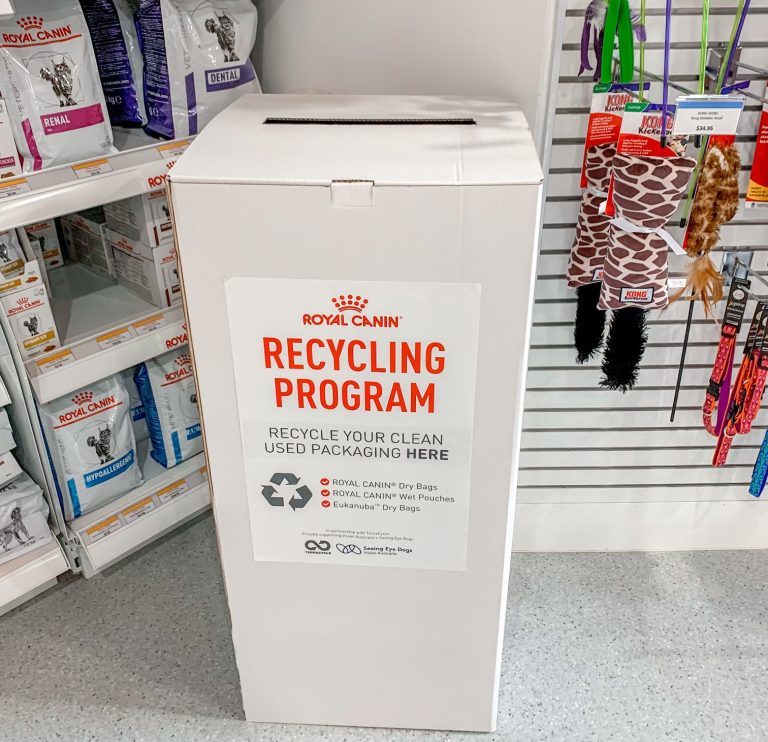
Get involved!
We also have some recycling programs for our clients, and we would love your support with these!
By reducing our resource usage and diverting waste from landfill we have reduced the amount of rubbish we produce by about 25% which is fantastic.
We recognise and pay our respects to the Jagera, Yuggera and Ugarapul peoples as the traditional owners of this land which was never ceded.
All rights reserved. Copyright Greater Springfield Veterinary 2024